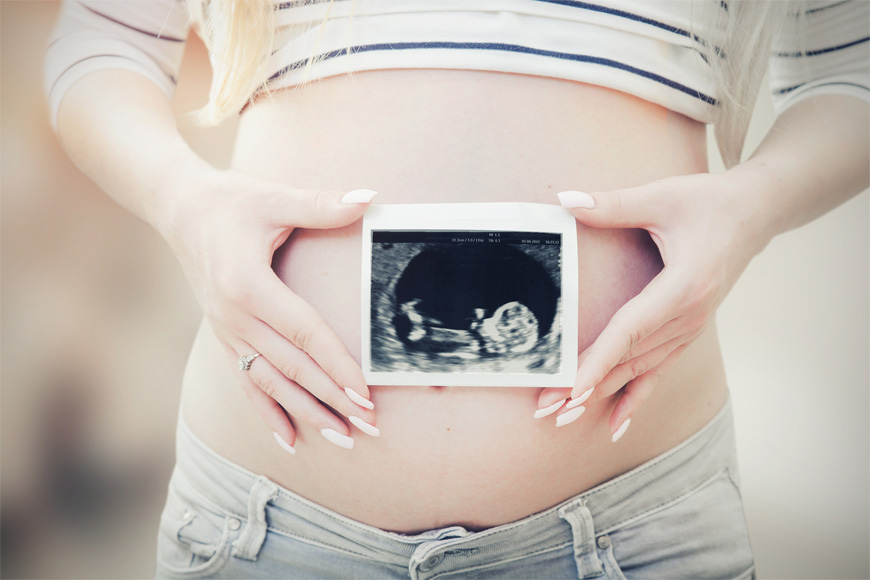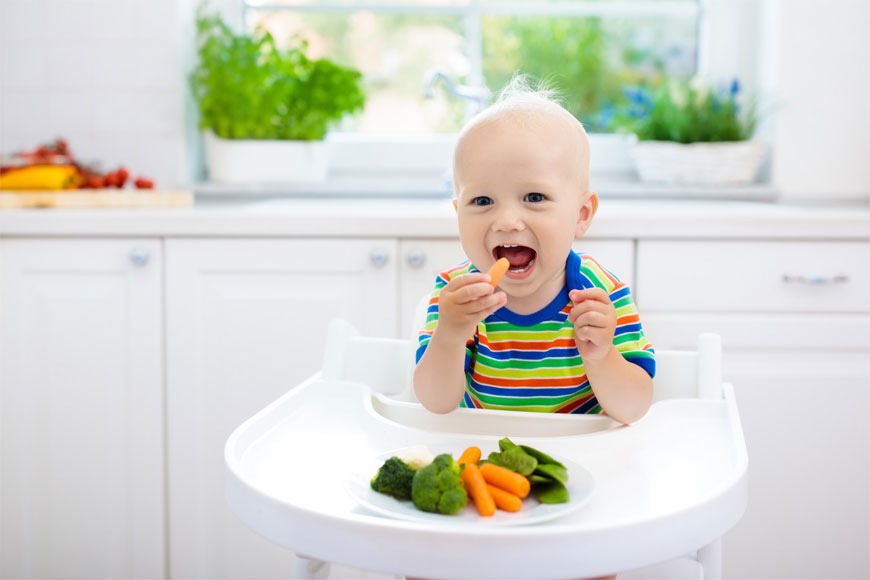One of the major causes of infections to infants and young children's breathing passages and lungs is respiratory syncytial virus or RSV. This viral infection can cause bronchiolitis which is the infection of the bronchioles, the small breathing tubes of the lungs. Other causes of bronchiolitis, are influenza, parainfluenza virus, or adenovirus.
A respiratory virus is transmitted from an infected child by secretions from the nose or mouth of an infected person, by direct contact, or airborne droplets. The period of greatest contagiousness is in the first few days of the infection. The incubation period of RSV ranges from 2 to 8 days, commonly 4 to 6 days. Annual epidemics take place during the winter and early spring.
Signs and symptoms
Most children with respiratory infections have only mild symptoms, typically similar to the symptoms of a common cold. In children younger than 2 years, the infection may progress to symptoms more commonly found in bronchiolitis.
-
Initially, the child will have a runny nose, mild cough, and in some cases, a fever.
-
Within 1 to 2 days, the cough will get worse.
-
At the same time, the youngster's breathing will become more rapid and difficult. He may wheeze each time he breathes out.
-
Your child will have a hard time drinking because he is using so much energy breathing. Even swallowing becomes very difficult for these infants.
-
His fingertips and the area around his lips may turn a bluish color, a sign that his strained breathing is not delivering enough oxygen to his bloodstream.
You might also be interested in...
What you can do
In the early stages of a respiratory infection, help ease your child's cold-like symptoms. Gentle suctioning of the nose may be useful to clear the nostrils. You should not use medications as they may cause side effects and are not effective in the young child.
Mist has not been shown to be useful. Hot-air vaporizers should be avoided because of the risk of scald burns, and cool-mist vaporizers are often contaminated with moulds. Make sure your child drinks enough liquid to prevent dehydration.
When to call your pediatrician
Contact your pediatrician immediately if your baby or child:
-
Has breathing difficulties
-
Is younger than 2 or 3 months and has a fever
-
Shows signs of dehydration, such as a dry mouth, crying without tears, and urinating less often
How is the diagnosis made?
Your pediatrician may order laboratory tests of specimens taken from your child's nose and throat to see if RSV or another virus is present. The virus can be grown in special cultures, or parts of the virus can be identified by rapid tests.
Treatment
There is no effective treatment for RSV or other viruses (other than influenza). Observation for worsening is necessary. If worsening occurs, you should call your doctor. Some youngsters with bronchiolitis may have to be hospitalized for treatment with oxygen. If your child is unable to drink because of rapid breathing, he may need to receive intravenous fluids. On rare occasions, infected babies will need a respirator to help them breathe.
Antibacterials are not used for treating viral infections.
What is the prognosis?
Most children with viral infections are well on their way to recovery in about a week, and almost all fully recover. Nearly all children are infected with RSV at least once by 2 years of age, and a mild recurrence of the infection throughout life is common. As the child grows, viral infections become less serious than when they were infants and are usually hard to distinguish from a cold.
These infections can make chronic breathing conditions worse. Infants with congenital heart disease may have a more severe case of RSV. Some children will require hospitalization, and a few will need intensive care.
Prevention
Your child should avoid close contact with other children and adults who are infected with viruses. In child care centres, good hygiene practices should be used by the staff and the children, including frequent and thorough hand washing.
Palivizumab is an antibody that may reduce the risk of RSV infection. It is given as an intramuscular shot once a month to children who are at increased risk for serious illness caused by RSV. These include very premature babies and some babies with chronic lung disease.
By Dr. Jessy Mouhayar
Specialist Pediatrics and Neonatology
Bareen Hospital





.jpg)


























.png?itok=HBSyMDok)





















































































.png?itok=0fOAXkOm)















.png?itok=EH_x0Pha)













